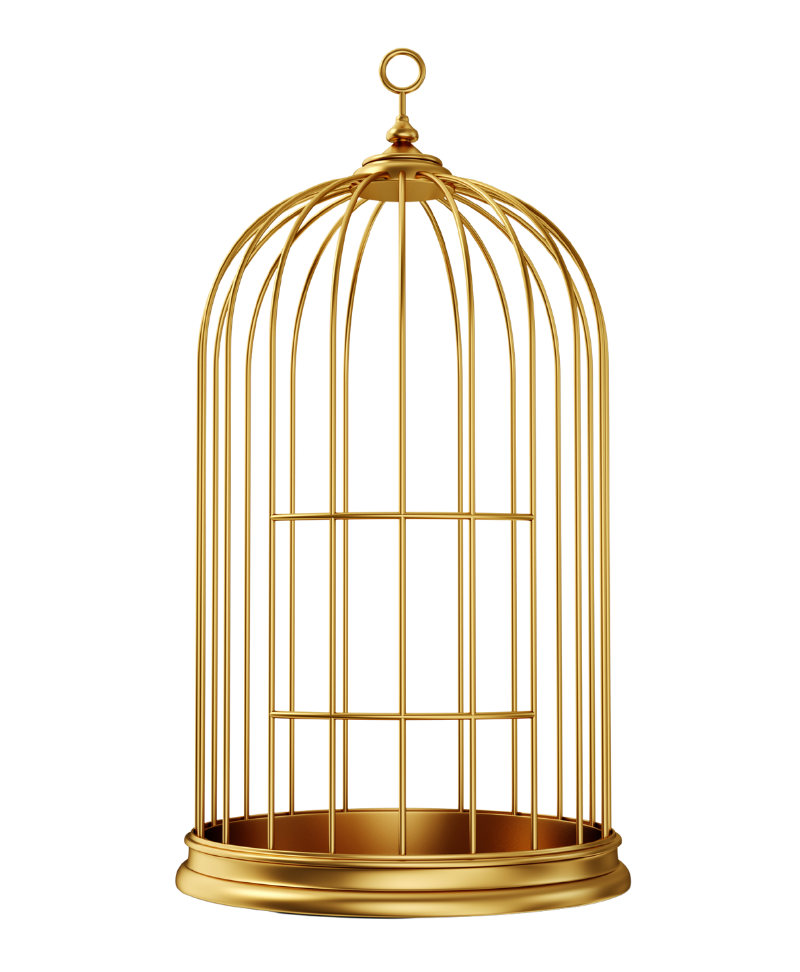Best Los Angeles Meth Rehab | Inpatient Meth Detox and Treatment

Don’t let meth define you
You’ve stumbled upon this page not by accident, but by a desire for change that’s louder than any doubt.
Meth addiction has stolen enough from you—enough time, enough joy, enough life. Here, we understand the depth of courage it takes to challenge the chains of methamphetamine, and we honor your strength in reaching out.
This is your moment to rise—to transform desperation into the dawn of a new beginning. Do not let another day slip by in the shadow of addiction. Join us, and together, let’s step boldly toward a future where you are no longer a hostage to meth, but a hero of your own story. Embrace this chance to reclaim the vibrant life you were meant to live, free and clear of meth’s grasp.
Free Meth Addiction Treatment Consultation
We understand that the need for detox and recovery can be immediate and urgent. We are committed to providing timely, personalized care to ensure you or your loved one gets the urgent help they need. Fill the form below and our team of experts will contact you within 15 minutes.
Table of Contents

Understanding Meth Addiction
The Powerful Grip of Methamphetamine:
Meth isn’t just a powerful stimulant—it’s a drug that can quickly dominate your life. Known for triggering intense feelings of euphoria, energy, and power, meth rapidly affects the brain, but these highs come with devastating lows, and addiction can start surprisingly quickly.
Why Meth Pulls You In:
Meth floods your brain with dopamine, which is why it feels so good at first. But as you use it more, your brain starts needing it just to feel normal. This is why meth is so tough to quit. Recovery might seem like a mountain now, but with the right support, it is entirely achievable.
Recognizing the Signs:
If you’re worried that you or someone you love might be struggling with meth addiction, here are several signs of meth addiction to watch for:
- Drastic changes in physical appearance, such as sudden weight loss or deteriorating dental health.
- Behavioral changes like increased aggression, anxiety, or paranoia.
- Social withdrawal, neglecting responsibilities, and a growing disinterest in hobbies and activities once enjoyed.
Addiction Development and Dependency
Meth’s ability to hook people quickly and powerfully is well-known. Knowing how this addiction develops is key to recognizing it early and intervening before it’s too late.
Everyone’s experience with addiction is different, shaped by factors like how much and how often they use, their physical and mental health, and even their social environment.
How often do you need to use meth to get addicted?
Just a few uses can be enough. Meth’s powerful impact can make the brain crave more almost immediately, leading to a rapid spiral into addiction.
Is meth addictive from the first time?
Absolutely, even a single use can set the stage for addiction due to the intense rush of dopamine it releases.
How quickly can you become addicted to meth?
What’s considered “heavy use” of crystal meth?
Challenges in Overcoming Meth Addiction
Quitting meth is hard, not just because of its effects on your body, but also because of how it changes your brain. Understanding these challenges is crucial as you prepare to fight back.
Deep-seated Dependency:
Why can’t I stop using crystal meth?
Meth creates intense physical and psychological dependence. Quitting means overcoming these powerful forces, which often requires both medical help and therapy.
Is there a withdrawal from crystal meth?
Definitely. Withdrawal can be tough, with symptoms ranging from depression and anxiety to physical pain and intense cravings.
Navigating Withdrawal:
Withdrawal from meth can be one of the toughest parts of quitting. Here’s what you might face:
What are the symptoms of meth withdrawal?
The symptoms can range broadly from severe psychological distress like depression, anxiety, and intense drug cravings, to physical symptoms such as fatigue, sleep disturbances, and increased appetite. These symptoms are not only uncomfortable but can also be debilitating, affecting your ability to function normally.
How long does withdrawal from meth last?
Withdrawal durations vary. Physical symptoms typically peak within the first week after cessation and gradually subside over the next couple of weeks. However, psychological symptoms like cravings and depression can persist for months. It’s crucial to have ongoing support during this time to manage these long-lasting effects.
How do you deal with a loved one on meth?
Supporting a loved one through meth addiction is delicate—it involves providing support and encouragement without enabling their addictive behaviors. It’s important to promote treatment consistently and offer emotional support through understanding, patience, and love. Creating a supportive environment can make a significant difference in their recovery journey.
What treatments are effective for methamphetamine misuse?
Effective treatment for meth addiction often involves a combination of:
- Cognitive-behavioral therapy (CBT): Helps individuals recognize and change detrimental behavioral patterns.
- Motivational incentives: Encourage abstinence through positive reinforcement.
- Peer support groups and counseling: These provide a community of support and accountability, which are crucial for long-term recovery.
- Family education and therapy: These help mend and strengthen family dynamics, which can be pivotal in supporting recovery.
Can I recover from meth addiction?
Best Methamphetamine Treatment Programs at Luxury Meth Rehab
We understand that no two paths to recovery are the same. We offer a range of treatments tailored to fit your specific needs.
Starting with a medically supervised detox helps manage the acute physical symptoms of withdrawal safely.
For those needing round-the-clock care, our residential program offers a stable environment to focus fully on recovery.
Therapeutic Modalities:
Individual Therapy:
Group Therapy:
Sharing your journey with others who understand can provide invaluable support and insight.
Family Therapy:
Specialized Care:
Dual-Diagnosis Treatment:
Addressing co-occurring mental health issues is key to effective treatment, which is why we offer specialized programs that tackle both addiction and mental health together.
Holistic Approaches:
Aftercare and Continued Support:
Alumni Programs:
Stay connected with a supportive community through our alumni programs, which offer regular meetings and activities.














